Hone in on the Healthy Homegrown Gardener
Homegrown is in full bloom across the country. According to GfK MRI’s Survey of the American Consumer, 67 percent of the 80 million U.S. adults who garden plant vegetables, herbs, fruits or berries. And about four in 10 people who grow produce in their gardens regularly eat organic food.
As healthy eating becomes ingrained in consumers’ lifestyles, garden centers have new opportunities to engage shoppers and increase sales.
Home gardeners who grow produce and eat organic food are your perfect audience. They have deep pockets when it comes to garden supplies and equipment and deep-seated interests in growing healthy families by serving up nutritious, good-quality food.
Nontraditional marketing that holistically addresses this group’s broad interests can help companies connect with these consumers.
Here are research-based insights you can use to develop campaigns that engage home gardeners and inspire them to take action.
Different Than Your Garden-Variety Consumer
GfK MRI data show that married couples, younger than age 50, with children less than 12 years old are 24 percent more likely than others who garden to eat organic and grow vegetables, herbs, fruits or berries. These “Homegrown Healthy Gardeners” (HHGs) think and live differently than your garden-variety consumer. HHGs also have money to invest in their gardens. They are 42 percent more likely than other gardeners to have household incomes greater than $150,000. When it comes to food, this group scrutinizes what they consume. HHGs have indices of 145 (45 percent more likely than all adults) for checking nutritional content on restaurant menus and 120 for reading labels when shopping.
They are adventurous eaters who enjoy creativity in the kitchen and trying new foods. HHGs also have greater tendencies to buy locally grown and produced food, and, even though they are creative cookers, use recipes.
And they have an index of 130 for saying that they buy natural products to support their family’s health. What they say in the kitchen does not stay in the kitchen. This group is 48 percent more likely than other gardeners to be asked by others for food-related advice.
HHGs are ambitious and pressed for time. They are more likely than other home gardeners to aspire to make it to the top of their professions. With that, they are also more likely to say that they’re too busy to accomplish everything that needs to get done in a day, and they feel stress from juggling work and family.
Despite their busy schedules, HHGs are 31 percent more likely than others who garden to share opinions about products online and 22 percent more likely to consider online reviews before making purchases.
Some of their social media activities may align with garden centers’ marketing goals for both sending messages and courting customers as brand advocates. HHGs have an index of 161 for using social media to post pictures, 147 for watching a video and 139 for “liking” something.
Cultivating Relationships with Homegrown Gardeners
Companies that support HHGs’ busy lifestyles and meet their demands for information may see their brands grow from garden to table. But you and your garden center might be too deep in the weeds to think beyond the garden when trying to connect with them.
Brands need to create a path of partnership that walks HHGs through everything they need to grow the finest food for their families. Here are some possible tactics to educate and inspire them.
Educate
Promote healthful benefits and publish nutritional information about your vegetables, herbs, fruits and berries across all platforms and on packaging. Include in-store displays alongside the seeds or plants.
Create a learning center on your website where nutrition and other food-related information is posted, and invite online interactions so people can share experiences and get advice. Post “best-of” articles from highly reputable sources. Promote your learning center on social media as well as all other your messaging platforms.
Inspire
Offer a “what’s for dinner” email of the week that provides fast, easy recipes that, again, use produce that is ripe for the moment. Also post these updates on social media.
Make it easy for HHGs to advocate for your brand. Throughout your social media platforms, invite them to post pictures and videos, ask questions and share their own gardening experiences.


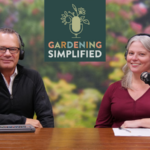


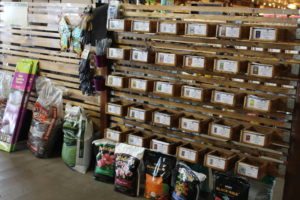




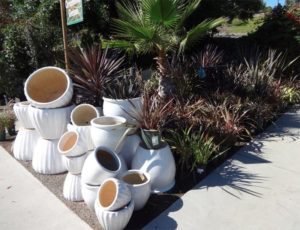
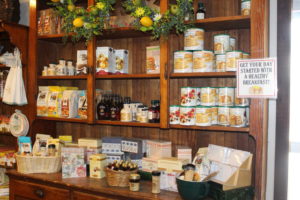

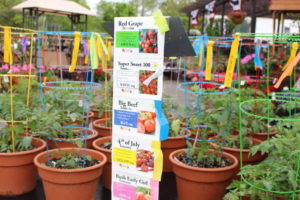



 Videos
Videos





